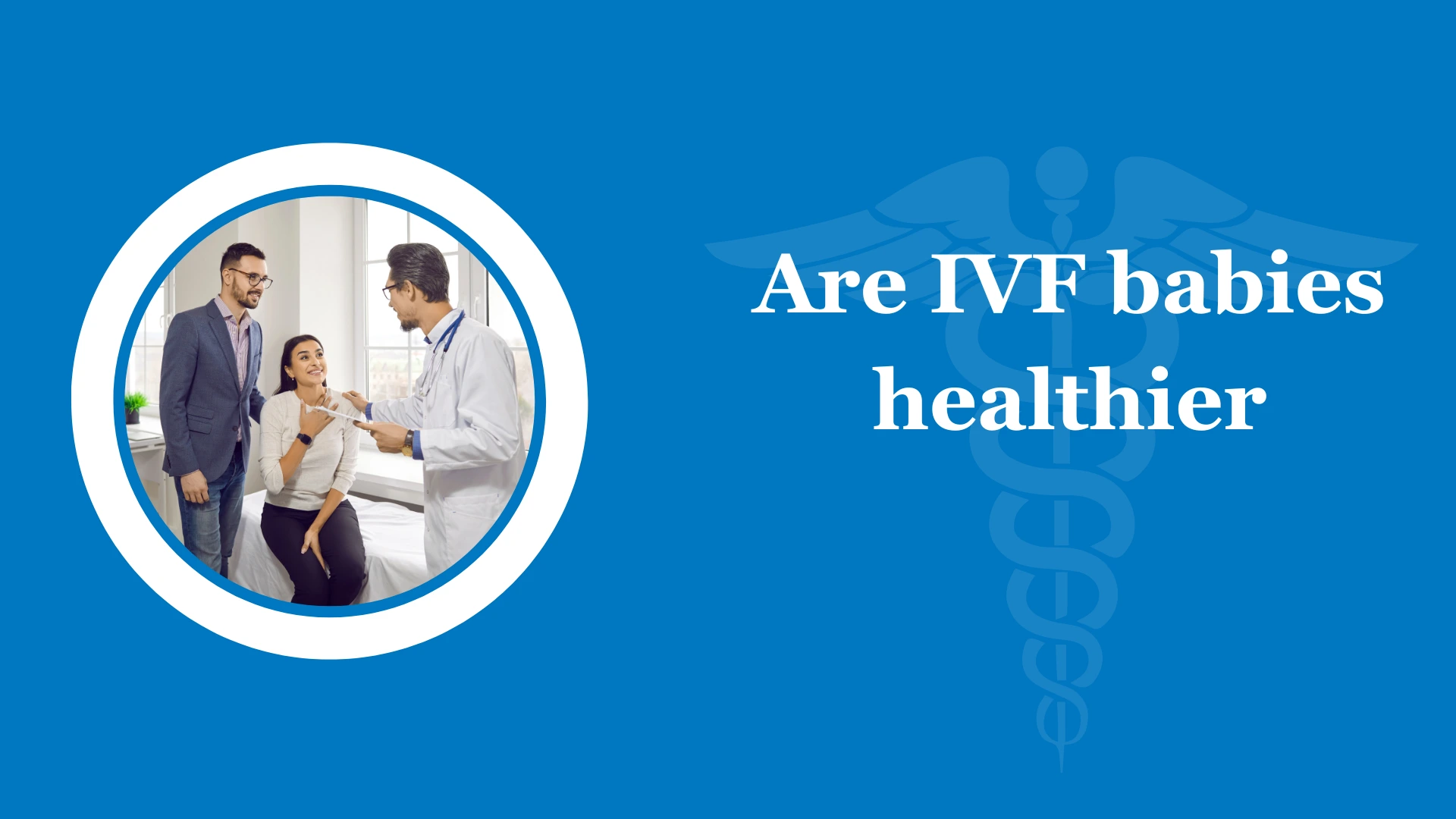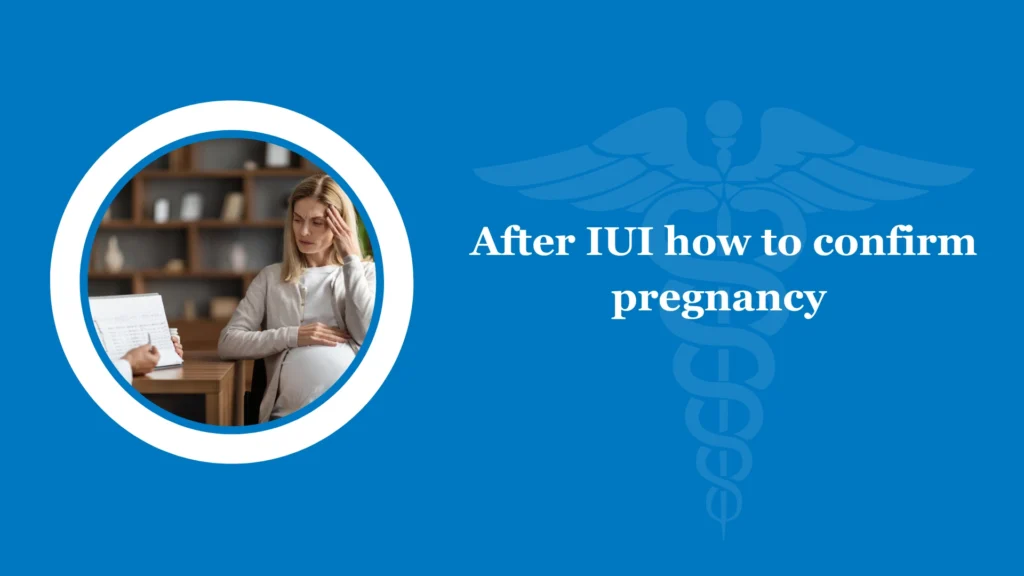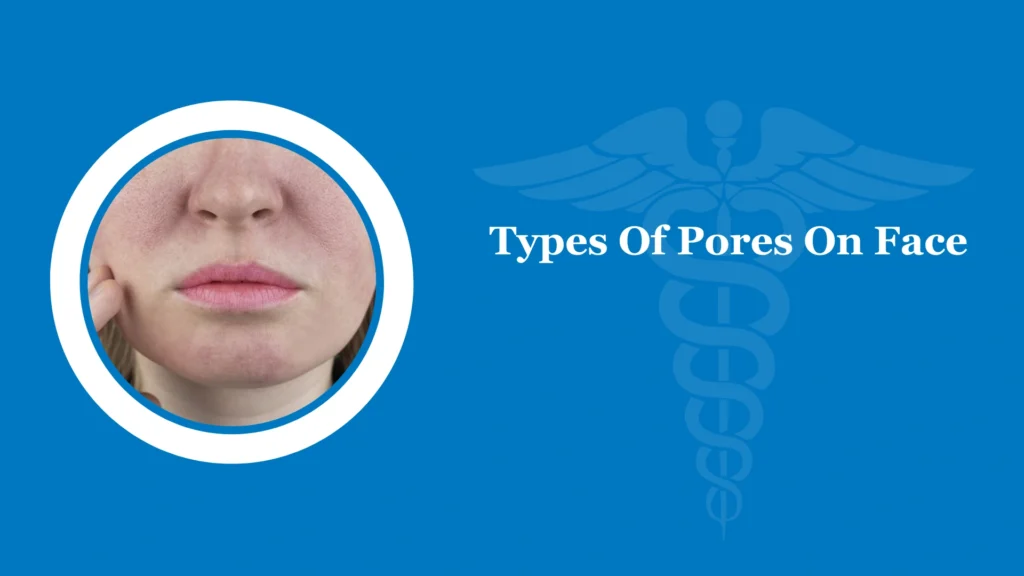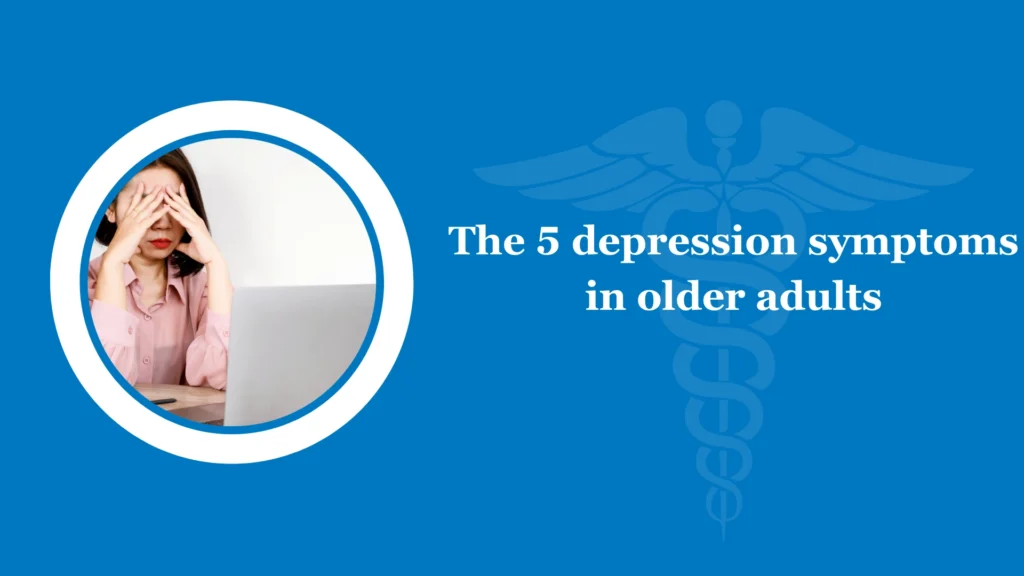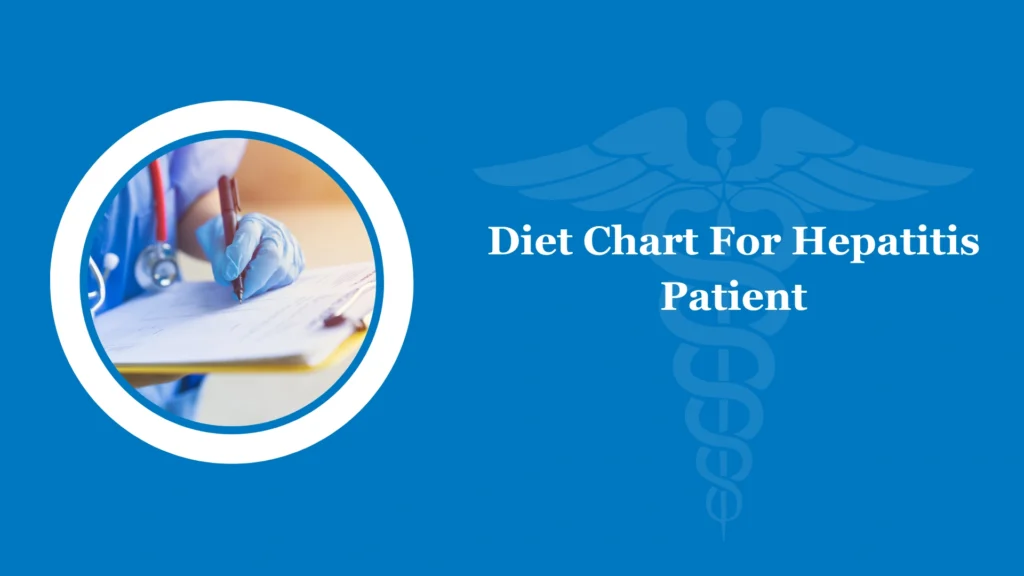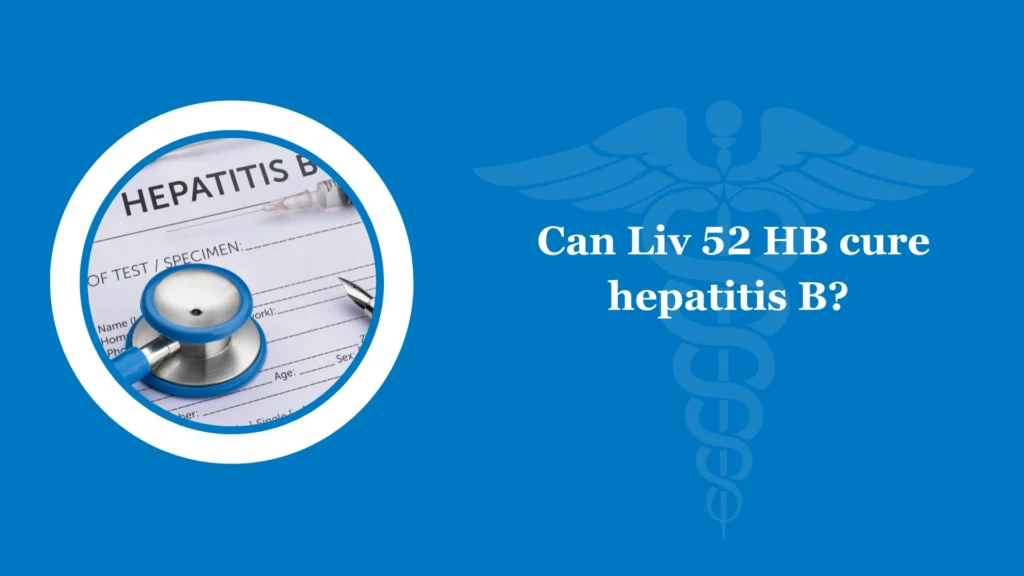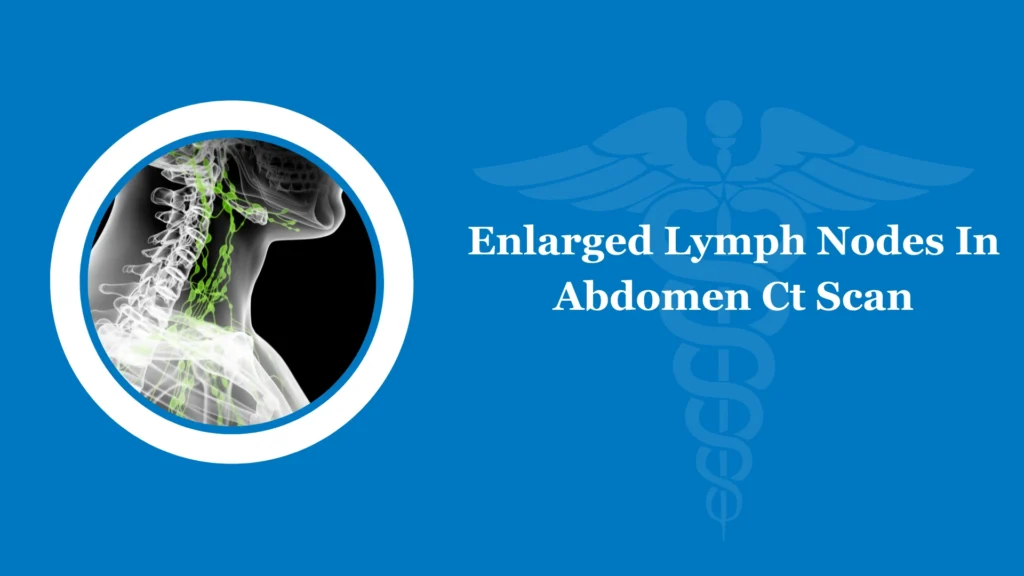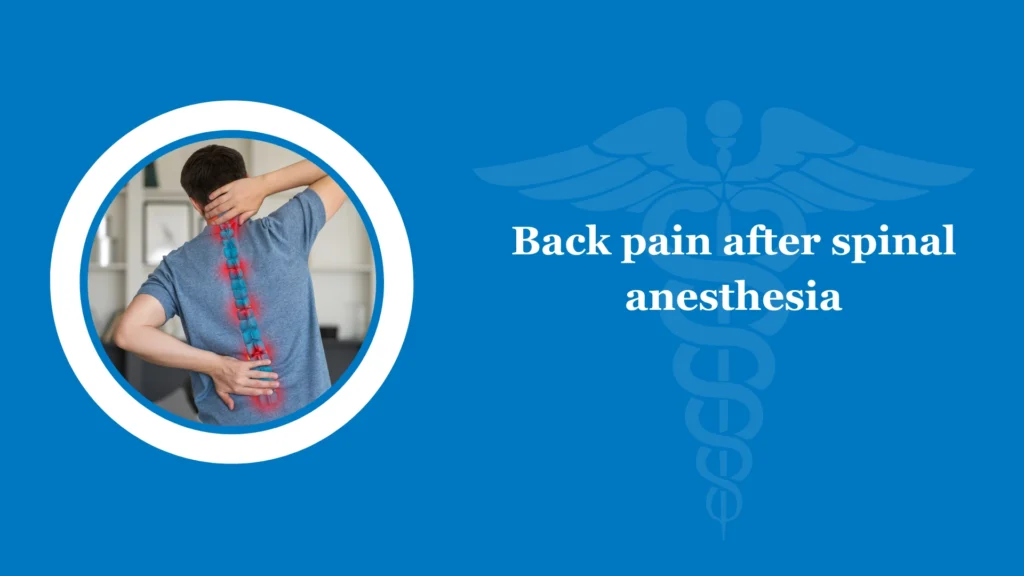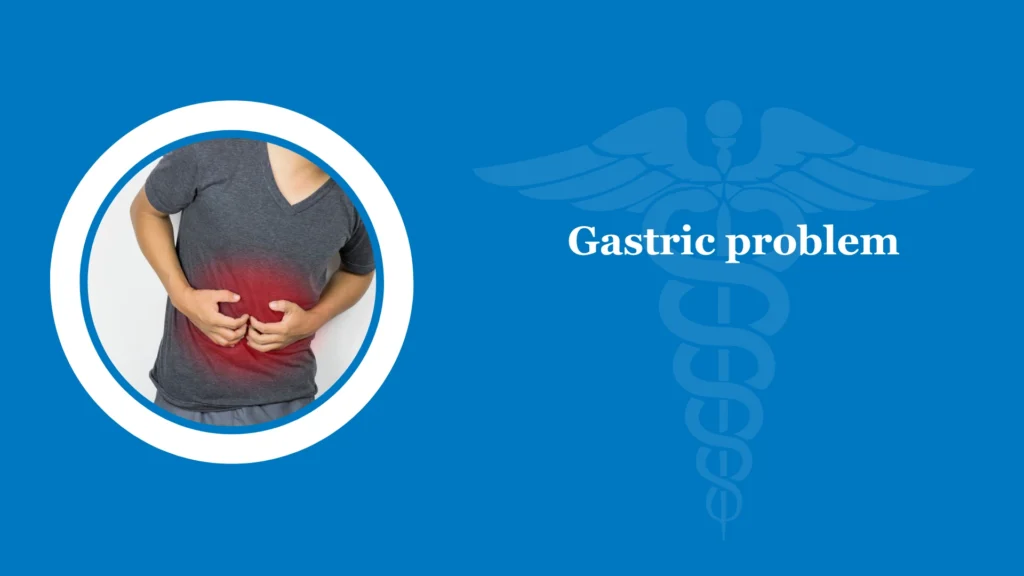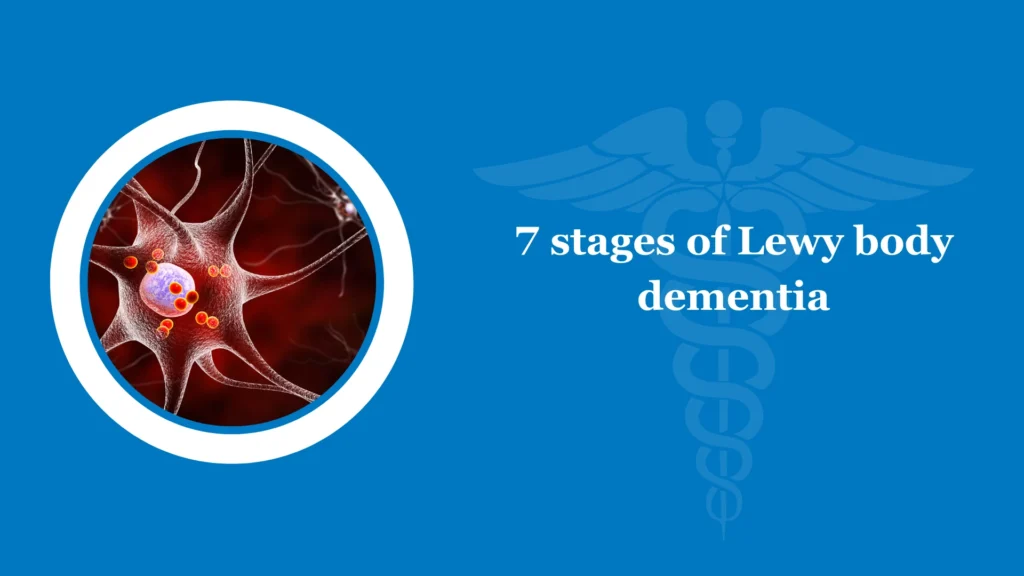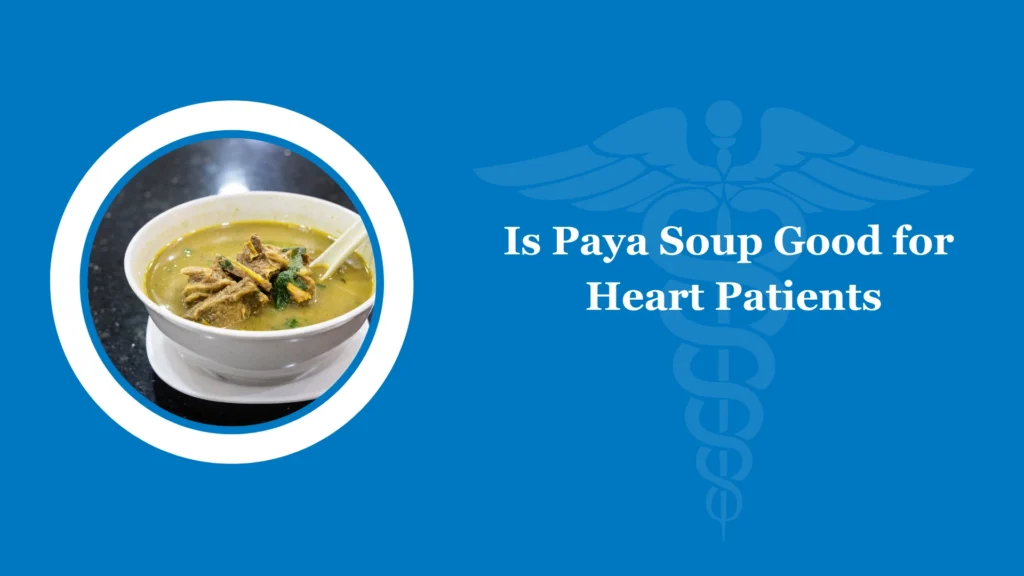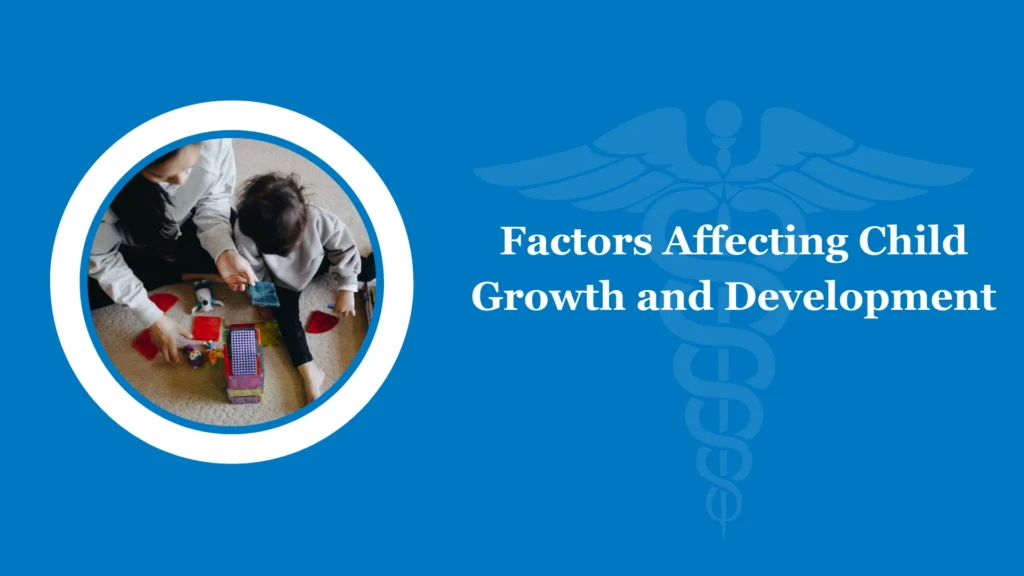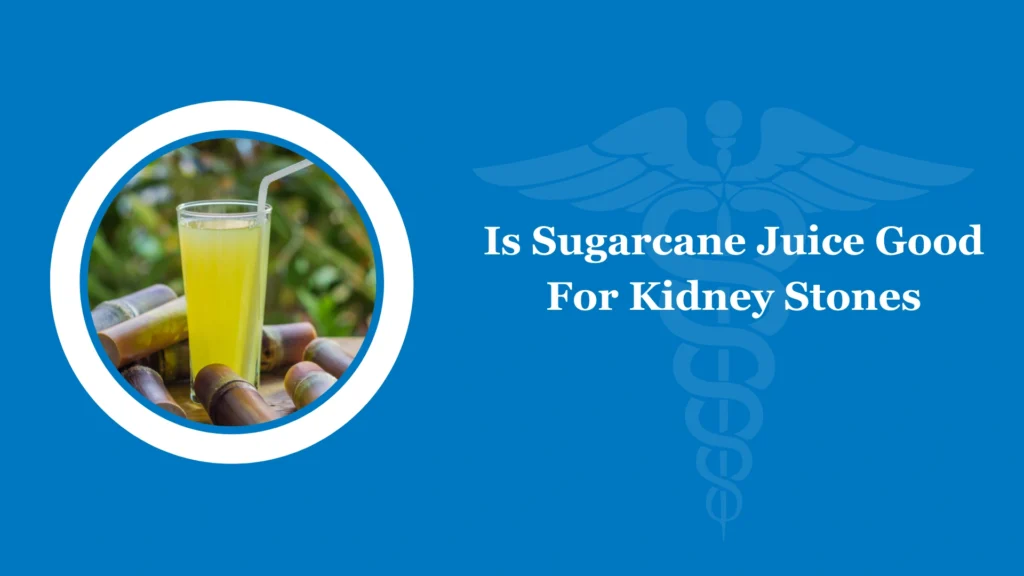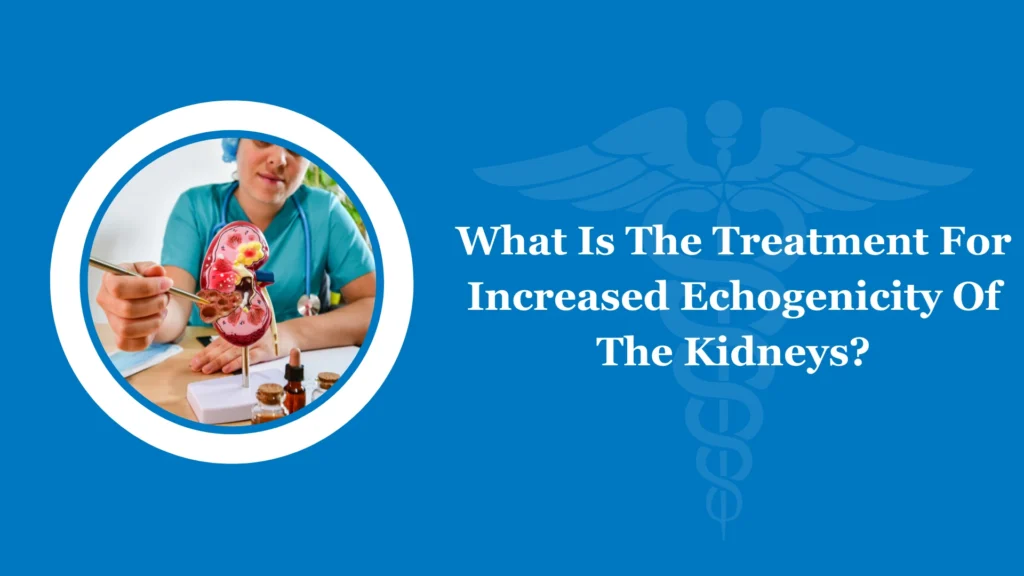Yes, IVF babies are healthier. Many couples facing infertility challenges are blessed with this advanced reproductive technology. Yet, some myths and hesitations linger regarding the health of babies born through IVF. If you’re healthy and struggling with fertility, you may consider this procedure.
To break this myth, research has been done to explore the conflicts seen by IVF pregnant women and babies born through IVF procedures. Let us explain in detail the past results of the IVF process as well as the risk factors associated with pregnancy through IVF treatments.
Are IVF babies healthy?
For every couple who are undergoing the IVF process, may raise the question of having a healthy baby. A healthy baby, in general, means the born child must be active and not have any defects by birth like a normally conceived baby.
IVF babies are also born healthy without any defects. The process of fertilization is the same when compared to normal conception. In this artificial method, the egg is retrieved and fertilized by sperm in a test tube further the embryo is transferred into the uterus lining for implantation.
Your dream of having a healthy baby can be achieved through your successful IVF procedure. But apart from these, the male and female genetic factors play a major role in transforming the genetic disorders or any malfunctions in the fetus.
What do the Past results say?
Recent research says that there are some consequences women should face mainly during the IVF pregnancy:
- During your pregnancy period, you may develop high blood pressure. But this can be assisted by your healthcare provider.
- You can deliver a baby before 37 weeks. This time is the ultimate for the baby to develop fully. But in IVF some people may suffer from delivering premature babies.
- The chance of having twins or triplets is higher in the IVF procedure. A mother may give multiple birth at one time.
- Due to several parental factors, children may suffer from heart, nerve, or muscle diseases.
What are the Risks Associated with IVF Babies?
Research indicates that babies conceived through IVF procedures may occasionally experience heart diseases and neurological issues. They can arise due to the artificial conception methods employed. With the right care and attention, these issues can be properly managed.
Musculoskeletal issues in newborns may also arise. Due to parental genetic disorders, this may come. There are no permanent remedies to these problems. Maintaining a healthy lifestyle and diet might help lessen their effects.
Mothers may occasionally give birth to premature babies with low birth weights, and neonatal deaths are extremely rare. These outcomes can be altered by the woman’s body’s specific characteristics and reaction to the IVF procedure. Despite these potential hurdles, it is critical to remain hopeful and focus on the positive parts of the IVF process.
Physical and Mental Health
IVF babies are usually just as healthy as babies born naturally. Their physical and mental health are similar to other babies. However, if the parents have health problems, the baby’s health might be affected. But IVF babies can still grow up strong and smart. They have the potential to develop their skills and live a healthy life, just like any other child.
Conclusion
To sum up, IVF babies are generally healthy, but sometimes they might have heart, brain, or muscle issues, though it’s rare. If you’re considering IVF, make sure neither parent has any health problems for a better chance at a healthy baby. IVF kids are smart and lively, just like kids born naturally.
Don’t hesitate to move forward with your next step of having your own family. Trust the process and maintain a healthy lifestyle to deliver a healthy baby.
